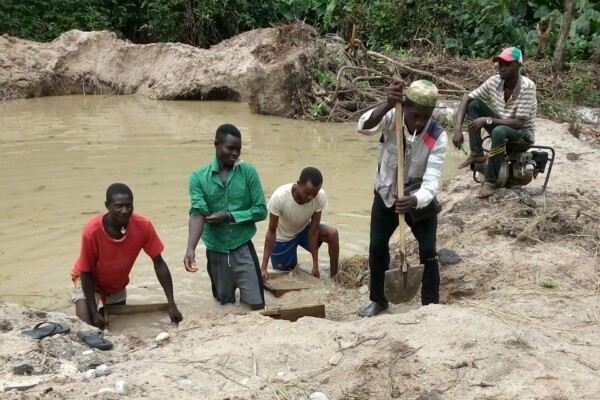
Belgian National baseline assessment on Business and Human Rights in conflict-affected areas
August 19, 2020IPIS participates to the Belgian National Baseline Assessment on Business & Human Rights (NBA). The goal of the study is to chart the progress made by the Belgian government and companies since the establishment of the first National Action Plan (NAP) on Business and Human Rights in July 2017. The NBA is executed by a research consortium under the coordination of the Research Institute for Wor
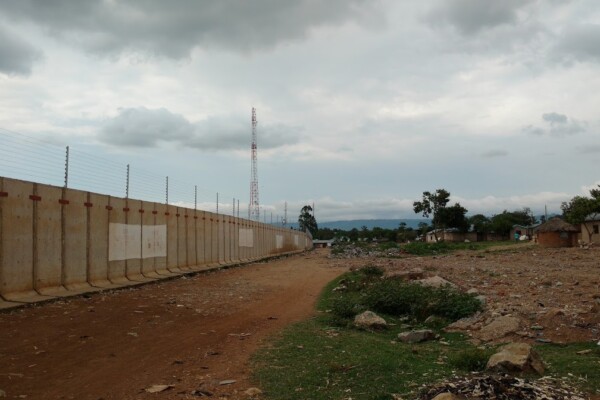
Business & Human Rights
July 28, 2020The Business and Human Rights research programme focuses on the business and human rights issues relevant to corporate actors operating in our focal region, encompassing also environmental, social and governance (ESG) and corporate social responsibility (CSR) matters. It places an emphasis on existing regulatory and non-regulatory initiatives for securing responsible business conduct whilst drawin
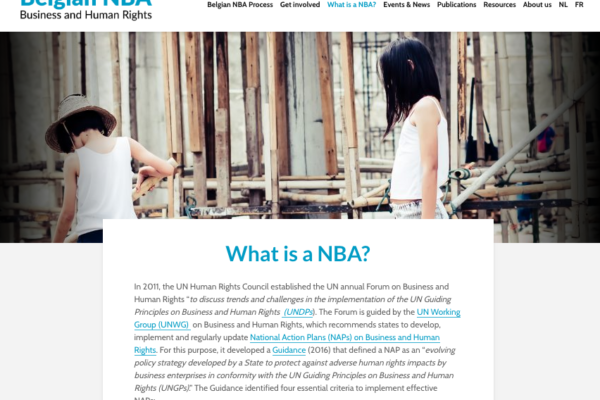
New Website on the Belgian National Baseline Assessment on Business and Human Rights
July 23, 2020The website on the Belgian National Baseline Assessment on business and human rights (NBA) informs stakeholders on the NBA process, timeline and methodology.
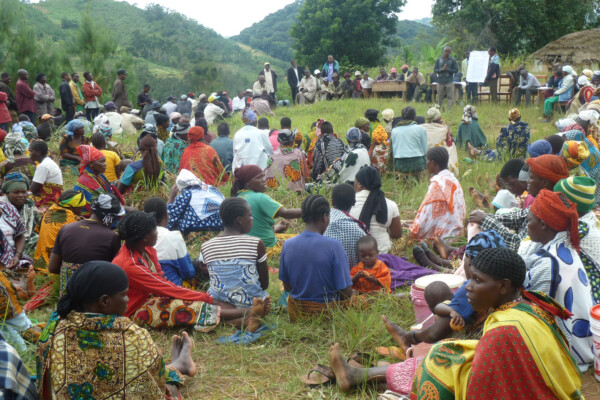
Voices from Tanzania – Land rights and environment: Case studies on Business & Human Rights
June 15, 2020The second volume of “Voices from Tanzania” presents four cases studies that focus on “land rights and environment”. Download this publication in pdf Pakua muhtasari kwa kiswahili The studies are conducted by Tanzanian civil society organisations Lawyers’ Environmental Action Team (LEAT) , HakiArdhi (the Land Rights Research and Resources Institute), Tanzania Women Empowerment in Action (TAWEA) a
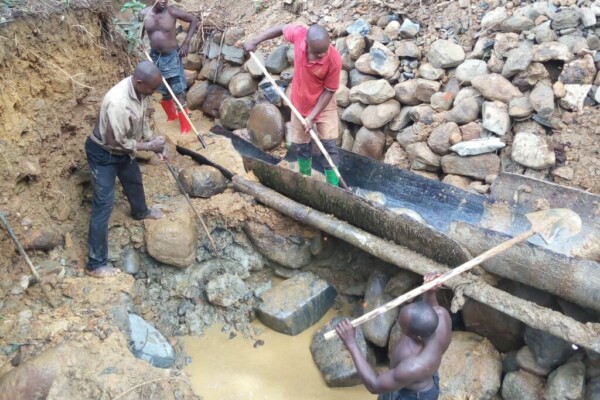
How much does a miner earn? Assessment of miner’s revenue; basic needs study in the DRC
May 7, 2020How much does a miner earn in Democratic Republic of the Congo (DRC)? Can a miner’s family cover its basic needs? In a new report, IPIS and Levin Sources compare the income of miners and their basic needs expenditures, to provide a better and nuanced understanding of why ASM communities seem to remain extremely poor and identify the factors that impact their income. This report is the first to fin
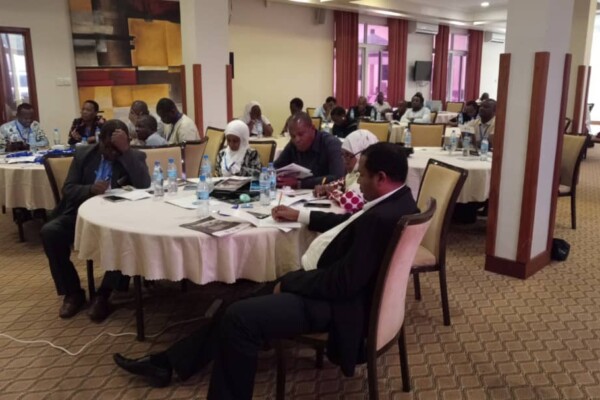
Second multi-stakeholder dialogue on Business and Human Rights in Tanzania urges focus on “the human rights impact of large infrastructure projects”.
March 24, 2020Dar es Salaam, 18 March 2020 For the second time, Business and Human Rights Tanzania (BHRT), the Tanzanian Commission for Human Rights and Good Governance (CHRAGG) and the International Peace Information Service (IPIS) brought together key stakeholders from civil society, the business community and various government agencies from Tanzania mainland and Zanzibar for an annual multi-stakeholder dial
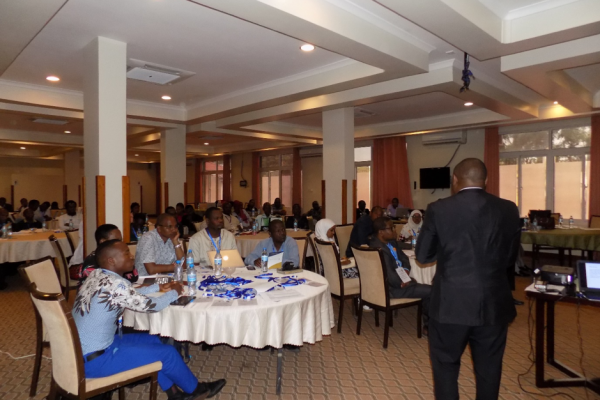
Report on the Second Multi-stakeholder Conference on Business and Human Rights in Tanzania
March 18, 2020This report presents a summary of the outcomes of the Second Multi-stakeholder Conference on Business and Human Rights in Tanzania which was held in Dar es Salaam, Tanzania on the 18th of March 2020, at Seascape Hotel. The conference was part of the project “Improving, monitoring, research and dialogue on business and human rights in Tanzania”, which aims at building local and natio
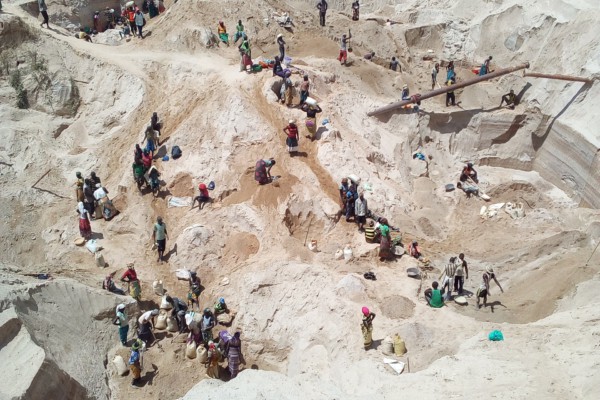
IPIS Insights on Due Diligence in Mineral Sourcing – Regulating Responsible Sourcing of 3TG Minerals
January 9, 2020Comparative analysis of Section 1502 of the US Dodd-Frank Act and the EU Conflict Minerals Regulation, lessons learned and risks for implementation
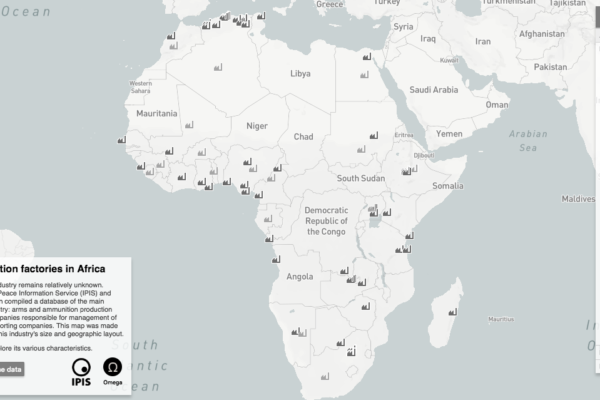
Defence-related companies in Africa
January 1, 2020Africa’s domestic defence industry remains relatively unknown. Therefore, the International Peace Information Service (IPIS) and Omega Research Foundation have compiled a database of the main entities comprising this industry, including companies that manufacture, assemble or maintain: arms and ammunition; aeronautical components; vehicles; as well as importing and management companies. This data
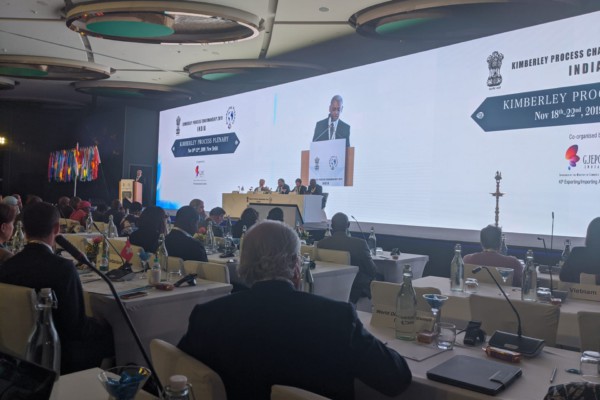
Conflict diamond certification scheme unable and unwilling to reform
November 22, 2019“Conflict diamond certification scheme unable and unwilling to reform” Today, another three-year reform cycle of the Kimberley Process came to an end without meaningful change. Participating states could only find consensus on insignificant changes to the scope and governance of the scheme. They once again failed to effectively protect communities in diamond mining areas from ongoing abuses. In th
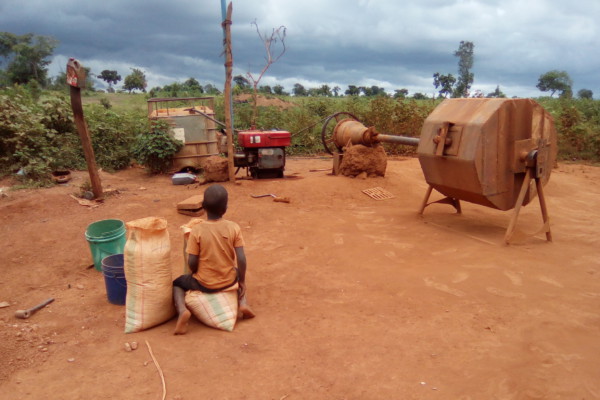
11 December 2019 – IPIS presents “The social, economic and human rights impact of mining: the case of Tanzania”
November 13, 2019IPIS kindly invites you to a presentation of its work on mapping the social, economic and human rights impact of mining in Tanzania. IPIS will present the results of its wide-scale mobile data collection on artisanal and industrial mining in northwest Tanzania. This presentation will shed light on the nature, scope and impact of mining in Tanzania and, more generally, on IPIS’ approach and methodo
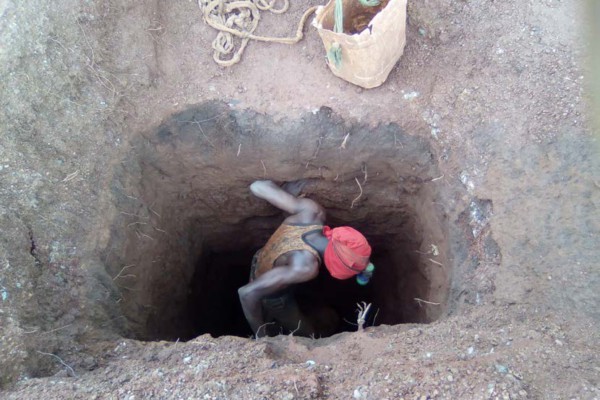
Piloting a digital stakeholder engagement platform for Tanzania’s mining sector: Incident tracking & mobile surveys
October 31, 2019As part of a project on mining and human rights, IPIS undertook a large-scale mobile data collection exercise on operational, socio-economic and human rights aspects of artisanal and industrial mining in northwest Tanzania. Building on this baseline data gathered in the first phase of this project on the nature, scope and impact of artisanal and small-scale mining and local community perceptions o
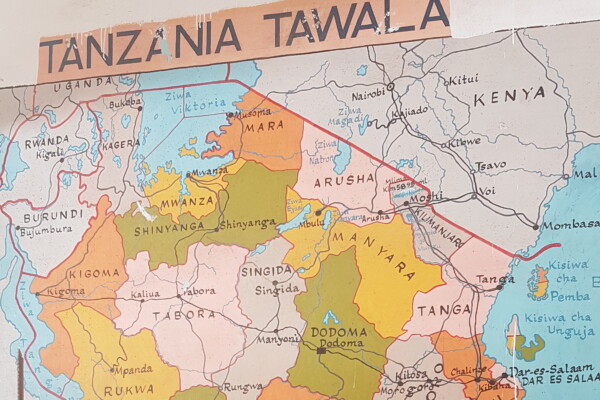
Improving monitoring, research and dialogue on Business & Human Rights in Tanzania
September 2, 2019Since 2017, Business and Human Rights Tanzania (BRHT), the Commission for Human Rights and Good Governance (CHRAGG) and IPIS are collaborating to enhance national and local capacities for the protection of vulnerable groups from, the monitoring of, the reporting on, the prevention of, and ensuring accountability for corporate human rights harm in Tanzania. The project is funded by the European Ins
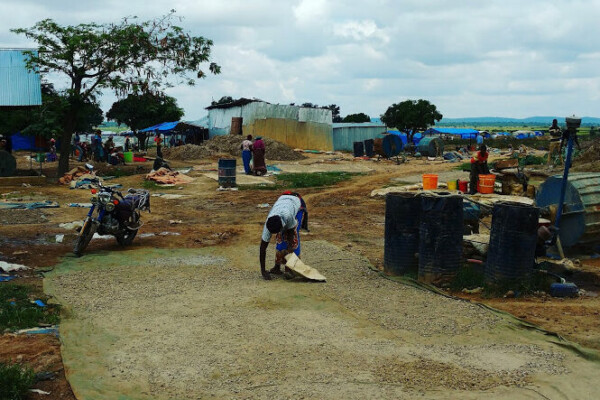
Mapping the socio-economic and human rights impact of mining in Northwest Tanzania
August 31, 2019In January 2017, IPIS started working on a project to map the socio-economic and human rights impact of mining in northwest Tanzania. Funded by the Belgian Development Cooperation as part of a programme on Human Rights and Digitalisation, the project used digital technologies to bridge information gaps around mining in Tanzania. The project focussed on the four regions of Geita, Shinyanga, Mara an

Dissecting the social license to operate: Local community perceptions of industrial mining in northwest Tanzania
August 28, 2019Discussions on industrial mining often revolve around the sector’s contribution to domestic revenue generation. The local impact on the rural communities wherein most of these companies operate receives much less attention. To bring the voices of these communities to the centre of the debate, IPIS conducted surveys on community perspectives in 32 villages nearby six industrial mines in northwest T
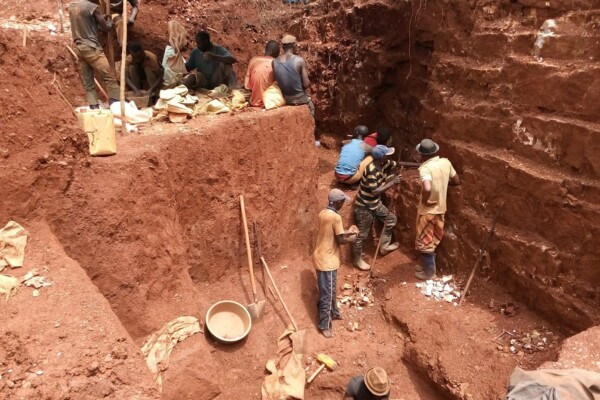
Assessing the impact of due diligence programmes in eastern DRC
August 19, 2019Over the past decade, various legislative and due diligence programmes (DDP) have been developed to improve mining communities’ livelihoods and reduce human rights abuses in conflict affected and high-risk areas, with a special focus on the African Great Lakes region. Despite significant growth and investments in minerals certification and traceability schemes, data on the impact of due diligence
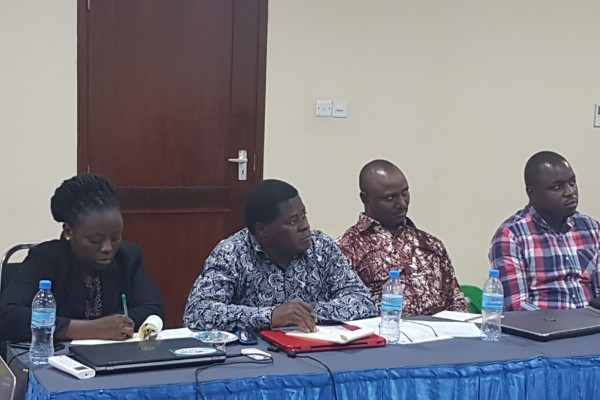
Launch of the second “Voices from Tanzania” series: Business and Human Rights studies with a focus on land rights and environment
July 31, 2019In 2019, Business and Human Rights Tanzania (BHRT), the Tanzanian Commission of Human Rights and Good Governance (CHRAGG) and the International Peace Information Service (IPIS) will collaborate again with Tanzanian civil society organisations in its partner series “Voices from Tanzania”. In its the first volume , the “Voices from Tanzania” publication covered a diverse range of human rights topics
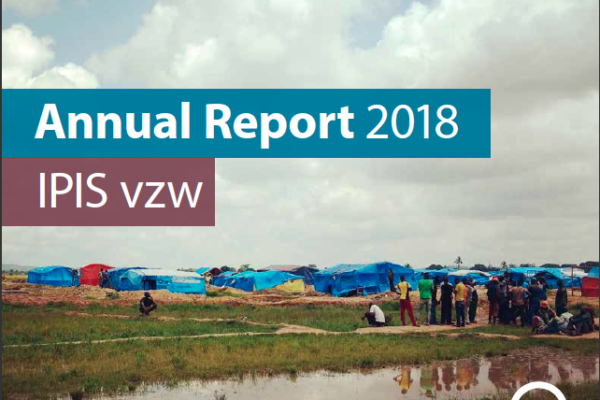
Annual Report 2018
June 27, 2019This 2018 annual report provides an overview of IPIS’ research projects, capacity enhancement and outreach activities throughout last year. IPIS consolidated its work in DRC, Central African Republic and Tanzania and deepened its expertise on mapping, data analysis and research on conflict drivers, natural resources, Business & Human Rights and arms trade. IPIS worked closely with civil societ

“All eyes on the Kimberley Process for desperately needed reform on conflict diamonds”
June 24, 2019Civil society calls on Participants to take their responsibility in preventing diamond-related conflict This week saw the end of the 2019 intersessional meeting of the Kimberley Process (KP) chaired by India. The week-long conference was the scene of discussions among delegates on the possibility of expanding the Kimberley Process’ scope to ensure that the scheme addresses modern day conceptions o
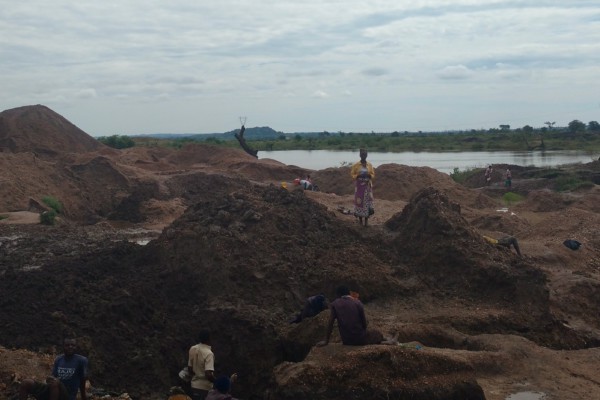
Kimberley Process must progress reform talks on diamond violence or risk irrelevance and diamond revenue losses
June 14, 2019Kimberley Process must progress reform talks on diamond violence or risk irrelevance and diamond revenue losses “Kimberley Process reform failure hurts us all”, say civil society and African communities As India prepares to host the last intersessional of the Kimberley Process (KP) reform cycle in Mumbai (17-21 June), the Kimberley Process Civil Society Coalition (KPCSC) urges states to prog

